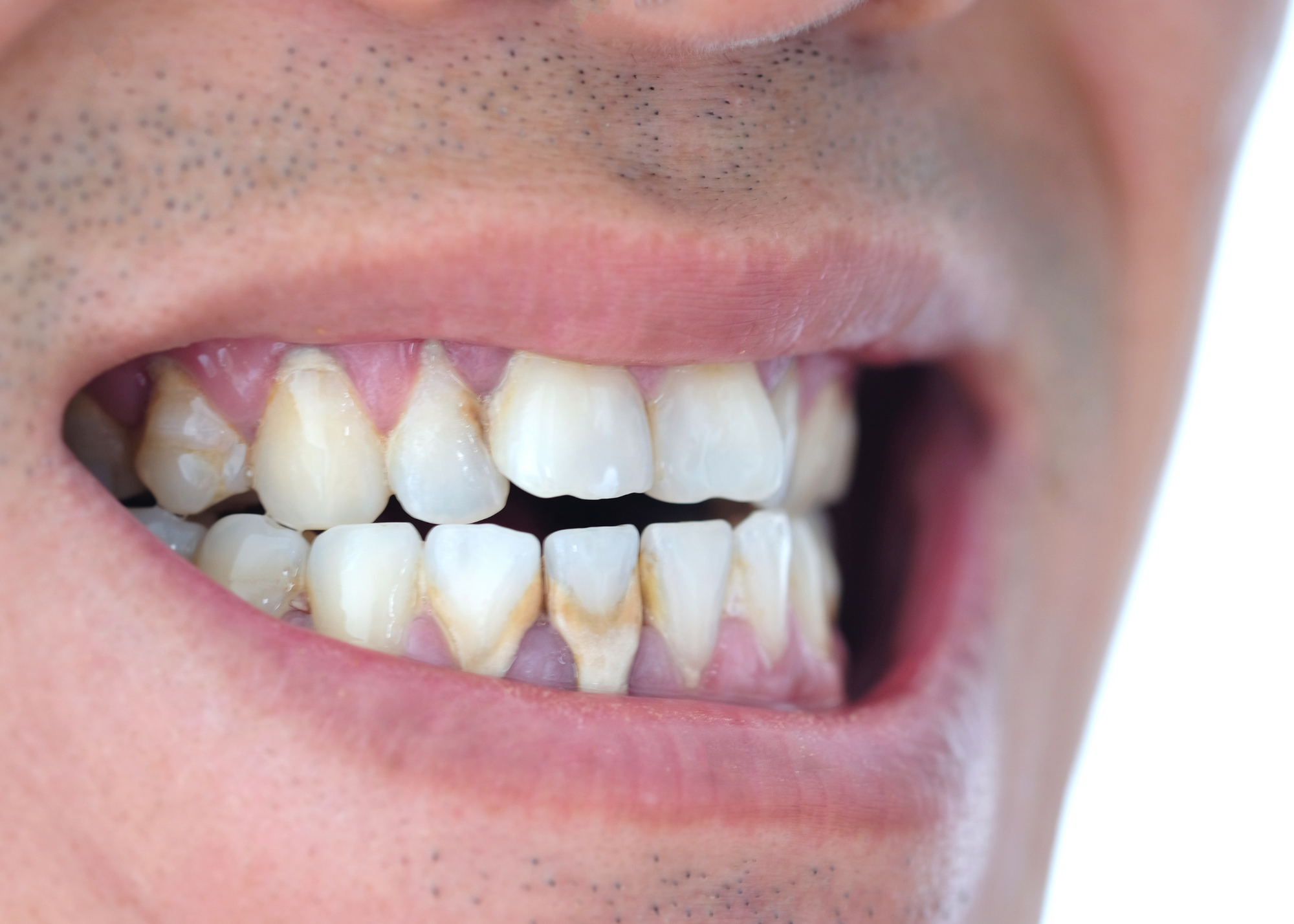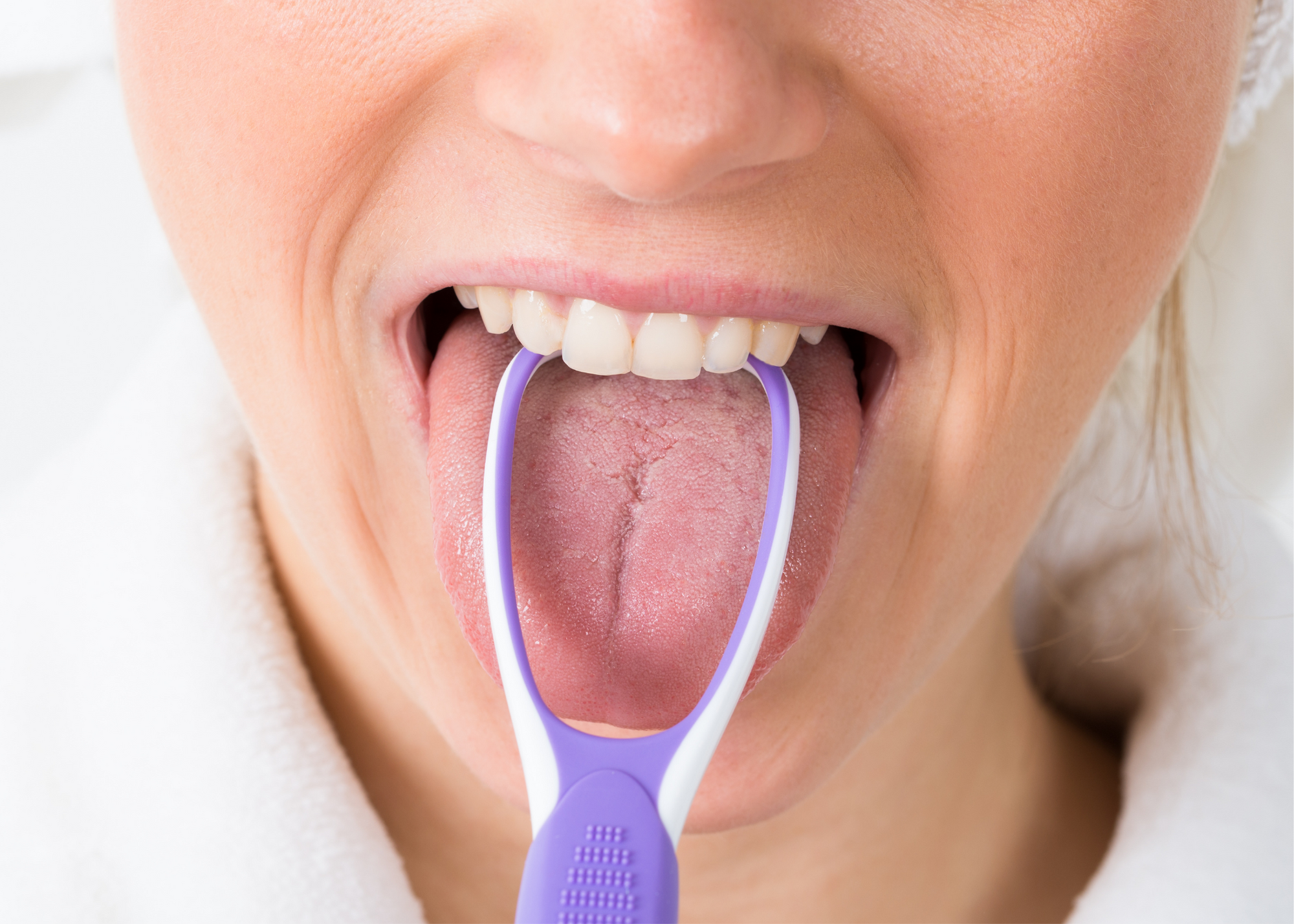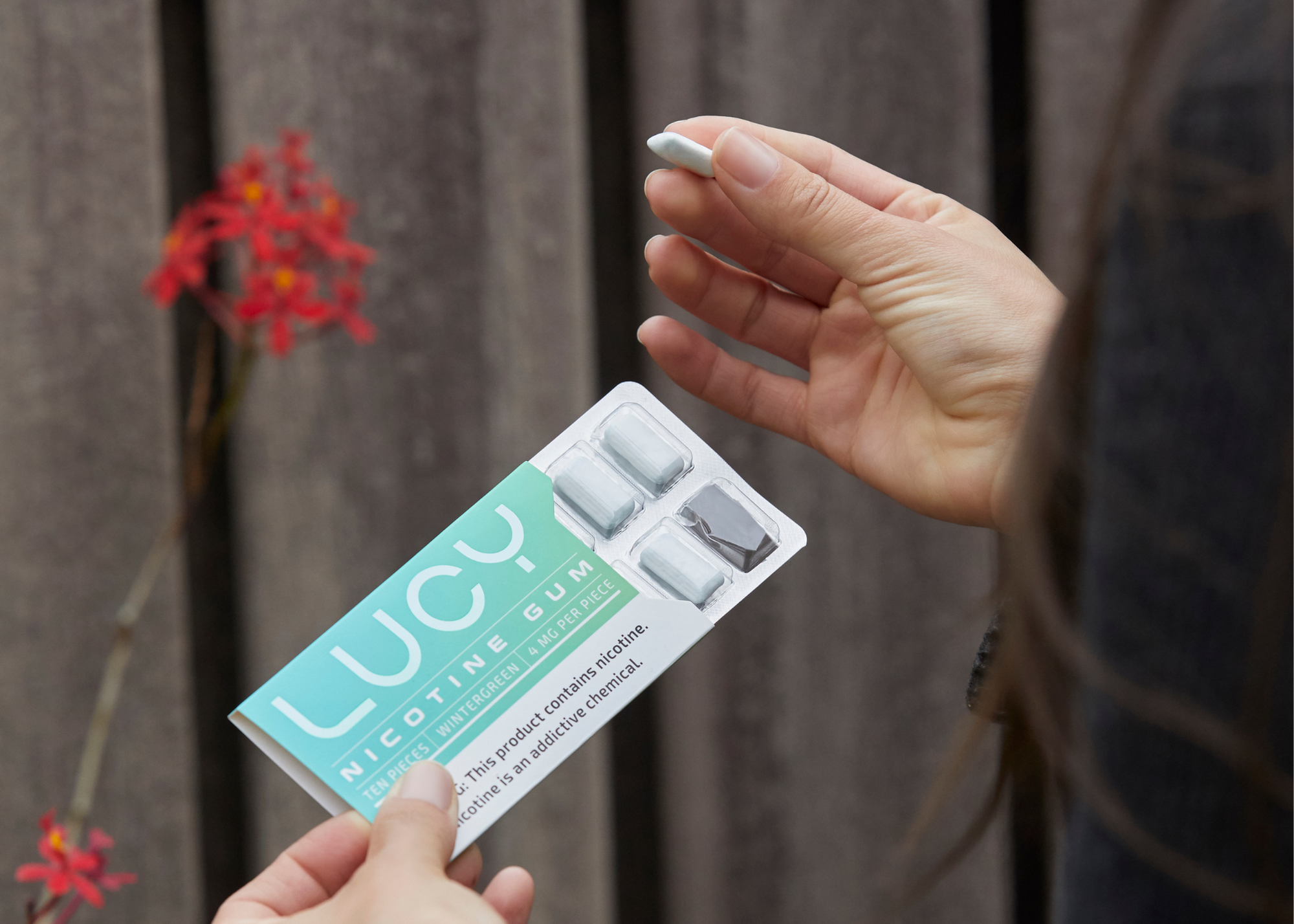Of all the people who have made suggestions over the years that you might want to cut back on smoking, your dentist is probably high on the list.
They might be more subtle about it than, say, your mom or your self-righteous friend who quit smoking a few years ago and their life is forever changed. But your dentist probably looks in your mouth twice a year (you do go to the dentist twice a year, right?) and silently hopes you’ll give up smoking by your next appointment.
Like the rest of your body, smoking can wreak havoc on your oral health - even if you still brush your teeth and floss every day (you do floss twice a day, don’t you?). Research has found that overall, smoking can lower your oral health quality of life. Why?

7 Reasons Why Your Dentist Wants You To Quit Smoking
- Smoking can have visible impacts on your teeth, including discoloration from an increased buildup of plaque and tartar. The constant presence of smoke in your mouth can also give you bad breath.
- Smoking puts you at an increased risk for gum disease. According to the American Academy of Periodontology, tobacco use is one of the most significant risk factors in the development and progression of gum disease.
- Gum disease can lead to many other complications, including pregnancy complications, and other health conditions including heart attack, stroke, diabetes, osteoporosis, arthritis, Alzheimer’s disease, and cancer.
- Gum disease and tooth decay can also lead to tooth loss. In an NIH study on oral health quality of life, researchers surveyed smokers, non-smokers, and never-smokers on a variety of oral health issues. One thing that they found was that more than 80% of smokers surveyed had less than 25 teeth. (The average adult has between 28 and 32 teeth, depending on whether you have wisdom teeth).
- Oral bleeding, oral abscesses, and gum pockets can result from smoking.
- Smoking can also impact your vocal cords by making it harder to speak or even changing the tone of your voice.
- There are also several lesser-known issues that smoking can cause, including smoker’s palate and smoker’s tongue.

What is “smoker’s palate''?
Smoker’s palate is a condition caused by extensive heat exposure inside your mouth. First, there will be redness on the roof of your mouth (on both the hard and soft palate) and then over time, the palate becomes white, “with a cracked appearance like dried mud.” There might also be scattered red dots on the roof of your mouth, which are from your salivary glands becoming inflamed.
You might notice some irritation on the roof of your mouth, but otherwise it won’t often have any symptoms, and will most likely be something that your dentist will notice before you will.
Smoker’s palate occurs more frequently among pipe smokers than cigarette smokers, but cigarette smokers still have a fairly high chance of developing the condition. In one large study of smoker’s palate, about one-third of cases were among cigarette smokers, and two-thirds were among pipe smokers.
The only way to get rid of a smoker's palate is by quitting smoking. If you’re able to do that, the discoloration in your mouth should start to go away in a week or two. However, it will still be important to continue seeing your dentist regularly, as discoloration that doesn’t go away could be a sign of oral cancer.

What is smoker’s tongue?
There are tiny hairs on the top and sides of your tongue called papillae. Papillae contain taste buds and other sensors, and help you eat. Smoker’s tongue is a condition that occurs when there is an overgrowth of papillae, and they are often stained black or brown - or sometimes other colors - from the smoke. This can make it look like you have small black hairs on your tongue - maybe not the attractive look you’re going for!
As you might expect, the best way to treat smoker’s tongue is by cutting back on cigarettes, in order to allow your mouth to recover. You can also lessen the impact and visibility of smoker’s tongue by practicing good oral hygiene, including brushing your teeth and your tongue at least twice a day.
How do I protect my oral health?
First things first, start going to the dentist twice a year. Dentists generally recommend this appointment schedule because that’s often how long it takes for tooth and gum issues to present themselves. By making twice-yearly appointments, you’ll be able to catch issues before they become too serious.
But most importantly, cutting back on smoking will significantly impact your oral health. According to the American Dental Association, reducing the amount you smoke or quitting completely can greatly reduce your risk of gum disease and other oral health issues. Over time, you’ll even be able to improve your oral health to that of a person who has never smoked.

If you’re looking for tools to cut back on smoking, nicotine gum or lozenges could be a great place to start. Many people find that when they cut back on cigarettes, they also miss the feeling of constantly having something in their mouth. Using nicotine gum or nicotine pouches can help you start the process of cutting back.
Nicotine gum and lozenges contain small amounts of nicotine (about one-third to one-fifth of what’s in an actual cigarette).
We created LUCY’s chew & park nicotine gum, nicotine pouches, and nicotine lozenges to satisfy nicotine cravings, without all the crap that comes in tobacco products.
With several great flavors and natural ingredients, we believe we’ve created a nicotine product that tastes insanely good and is easy for you to try. Taste the difference today, your dentist will thank you!
Disclaimer: The information contained in this website is provided for general informational purposes only and is not intended as, nor should not be construed as a substitute for, professional medical or health advice on any subject matter. Please consult your physician regarding any medical treatment decisions.